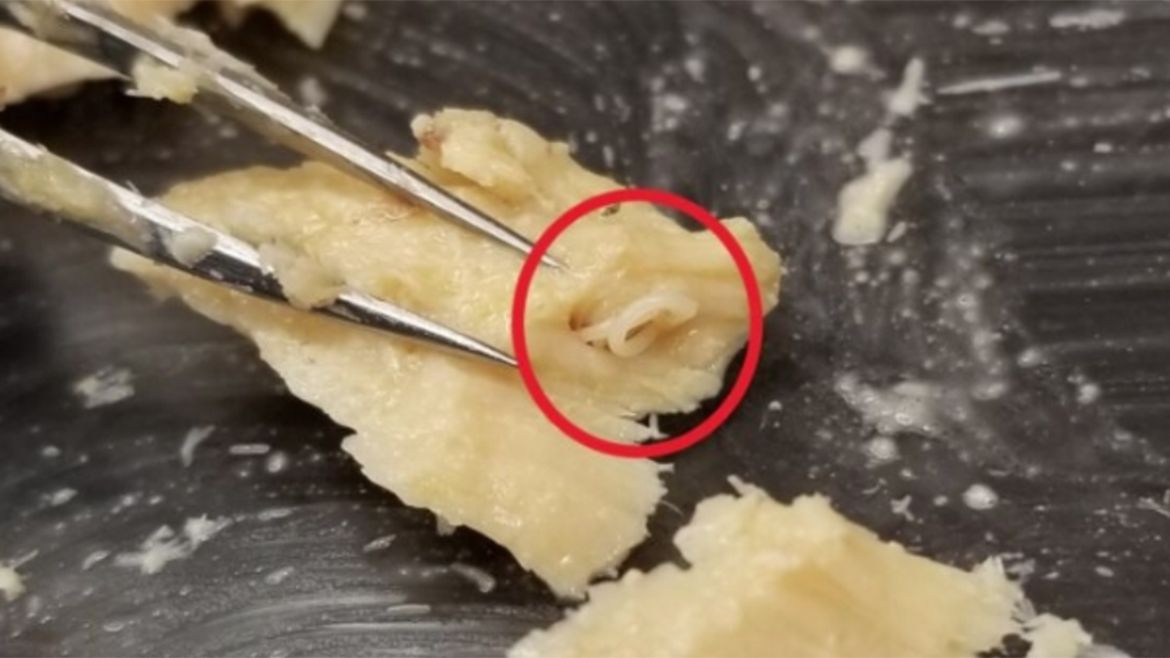
TikTok faces an uncertain future after a bill was passed by Congress and signed by President Joe Biden last month that would BAN the app unless it is sold within one year.
TikTok’s Chinese parent company, ByteDance, responded quickly saying that it has no plans to sell the social media platform. The company said it will fight the forced sale in court to stay online in the United States.
So how did we get here?
ByteDance purchased the karaoke app Musical.ly in 2017 and relaunched it as TikTok. The app is used by 170 million Americans, which is about half the population in the United States! TikTok’s algorithms give recommendations to users to keep people engaged with the app’s entertaining videos. Like other apps, TikTok may track your online activity and access information from your device, such as your location, contacts and photos.
Lawmakers worry that TikTok could share data with the Chinese government or manipulate the content displayed on TikTok. This is because ByteDance is a China-based company, making it subject to a variety of their country’s data security and cybersecurity laws.
One of the biggest concerns comes from China amending its National Intelligence Law in 2018. The law would require ByteDance to give user data to the Chinese government if authorities asked for it, though TikTok says it has never received such a request.
Congress has previously expressed concerns about TikTok and privacy, and this is not lawmakers first attempt to force TikTok to find a new buyer. Under the new law, ByteDance has nine months to find a buyer, with an option for a three-month extension if there is a sale in the works. If the company is not sold within the year, the law would ultimately require that TikTok be removed from app stores.
As for any company or investors who may be interested in buying TikTok, that may be easier said than done. That’s because the purchaser would have to receive the Chinese government’s approval, and government officials oppose a forced sale of the company.
Freaky Forensics from Old Cans of Fish!
What could be more gross than opening long-expired, decades old cans of fish? How about digging into it in search of parasitic worms!
Believe it or not, when the Seafood Products Association of Seattle, Washington, offered a bunch old cans of salmon to marine ecologists, they were happy to get them.
The cans were leftover quality control samples and were canned and marked over a 42-year period starting in 1979. There were four kinds of salmon taken from the Gulf of Alaska and Bristol Bay.
 The researchers from the University of Washington were looking for a way to use the cans of salmon to gauge the health of those ocean environments south of Alaska. And what they looked for were anisakid worms, a type of roundworm commonly found feasting on the flesh of MARINE fish. (Don’t worry, the canning process makes eating them with the salmon safe for humans.)
The researchers from the University of Washington were looking for a way to use the cans of salmon to gauge the health of those ocean environments south of Alaska. And what they looked for were anisakid worms, a type of roundworm commonly found feasting on the flesh of MARINE fish. (Don’t worry, the canning process makes eating them with the salmon safe for humans.)
So the scientists dug into 178 cans and tracked if the number of worms went up, down or stayed the same from one year to the next. Surprisingly, more worms could indicate a healthier ecosystem!
The anisakid have a complex lifecycle that requires a chain of hosts. They start by hatching from eggs in the ocean. The tiny larvae are eaten by krill, which are eaten by fish. Eventually the worms grow to just under half an inch (1 cm) and make their way into the gut of marine mammals like dolphins and sea lions that poop out anisakid eggs back into the ocean!
For two types of salmon, the numbers went up throughout the years. For the other two types, the numbers held steady. Those waters are hugely important to commercial fishing. “Everyone assumes that worms in your salmon is a sign that things have gone awry, but the anisakid lifecycle integrates many components of the food web. I see their presence as a signal that the fish on your plate came from a healthy ecosystem,” explains University of Washington researcher Chelsea Wood. The study was published in an April edition of Ecology and Evolution.






